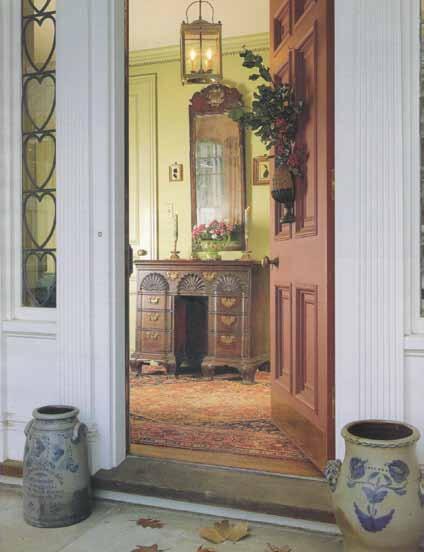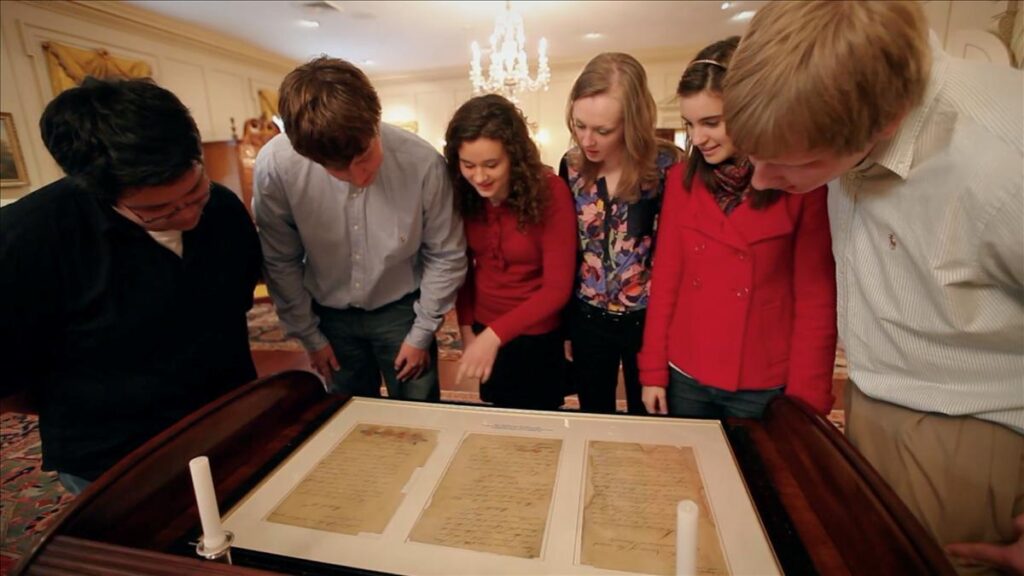The Place to Bee: Detroit Hives and the GO GREEN Botanical Garden
Detroit has long been home to a vibrant urban farming community, and many Detroiters and neighborhood associations have created green spaces to make their neighborhoods more attractive, healthier, and more sustainable. Still, many of the vacant lots in Detroit remain overgrown and neglected. According to Detroit Future City, Detroit has 24 square miles of vacant […]
The Place to Bee: Detroit Hives and the GO GREEN Botanical Garden Read More »

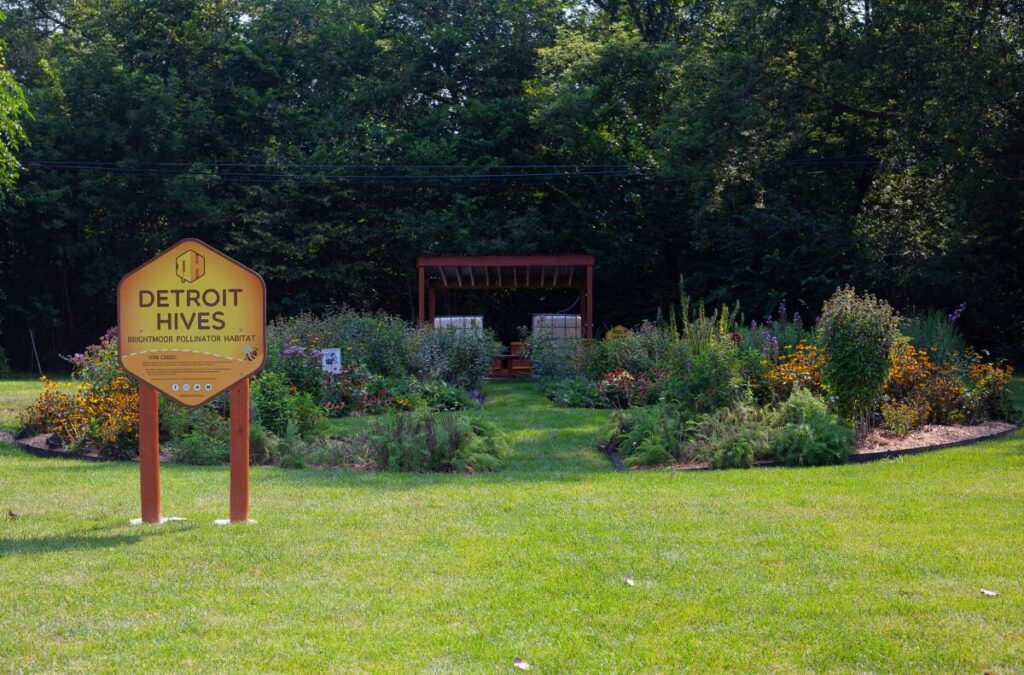
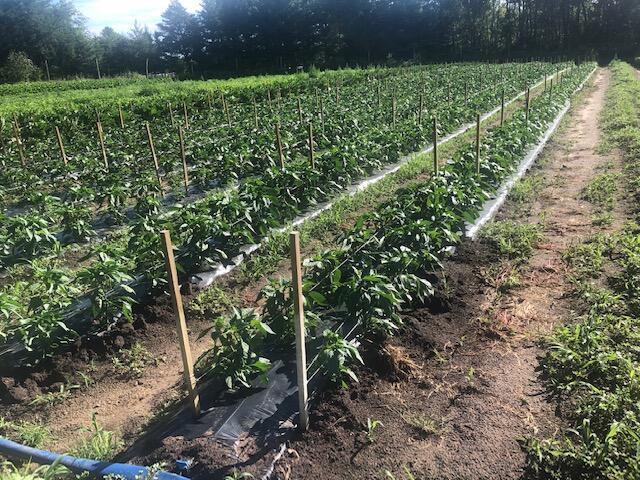
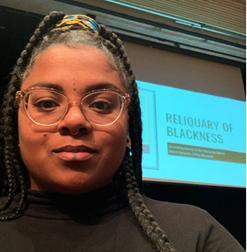
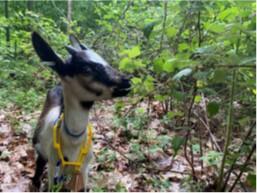
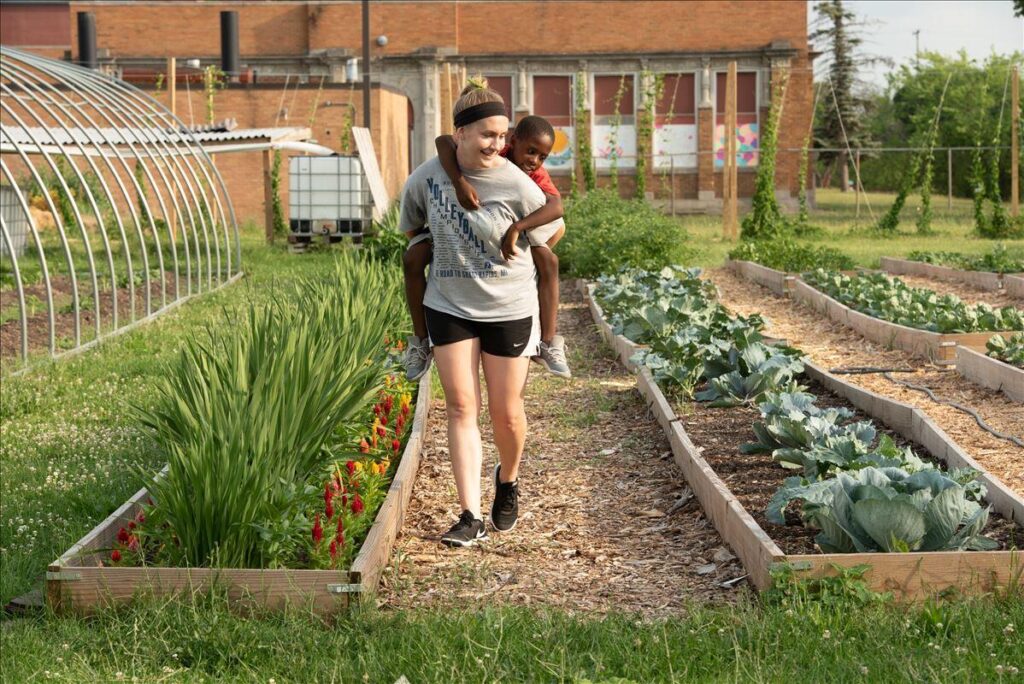
![The Alliance of Leadership Fellows (ALF) will use a recent grant from Americana to develop a series of Climate Crisis Dialogues that will enable climate advocates to share perspectives about how differing forms of evidence and impact---while they converge in painting a devastating picture---must be understood and integrated in building new connections and fostering alliances to stimulate collective action. ALF asserts that scientific consensus and public awareness have now come together to the point that many people, and especially young people, describe climate change as the most significant issue facing the world today. ALF cites a 2020 Pew Research Center survey that found that most Americans believe too little is being done to reduce the effects of climate change. ALF believes that while “public awareness is high and public understanding is growing, public commitment and action is at best uneven and differs by age, location, racial identity and political affiliation.” ALF asserts that, The [climate crisis] touches on virtually every sector of our society and many aspects of our daily lives. While many forms of evidence point to a significant if very complex reality, both evidence and solutions have the effect of dividing people even when the challenge of a climate crisis confronts us in a collective way. Some concerns focus on the disproportionate impact a climate crisis would have on the poor and disenfranchised. Others center on environmental degradation around the world pointing to species extinction, glacial melt, floods, and droughts. Still others point to social and economic impacts of wildfires, tornadoes, hurricanes, and other weather extremes. Some see the solution in changing what we eat, or in what, where and how we travel, or in international agreements, or in a social movement. This series of Climate Crisis Dialogues will highlight the analyses, concerns, and interests of a diverse group of climate advocates to help them find common ground across their respective analyses and concerns and stimulate commitment and collective action. Ultimately, ALF intends the series to challenge assumptions underlying various approaches to climate mitigation to reduce the obstacles that are preventing widespread recognition from translating into widespread commitment and the broadly endorsed actions that are necessary to confront the climate crisis. The Climate Crisis Dialogues, a part of ALF’s “Talk that Walks” initiative, will take place quarterly throughout 2022 and will include at least four webinars followed by podcasts and other communications and outreach designed to share information and expand audiences. Topics covered will include the impact of climate change on ecosystems, the most vulnerable, the healthcare system, global food security and production, and environmental justice. ALF’s mission is to help leaders working for equitable and sustainable human flourishing to become more effective individually and in collaboration with one another. ALF represents transformational leaders in communities, institutions and across societies and has three broad goals: Inform and promote action to bring collective leadership to shaping social justice and equity issues and conditions Promote and expand an intergenerational and global leadership community Build a national and international presence through recognition of courageous leadership. More information about ALF is available on the ALF website.](https://americanafoundation.org/wp-content/uploads/2023/11/clock_image.jpg)
